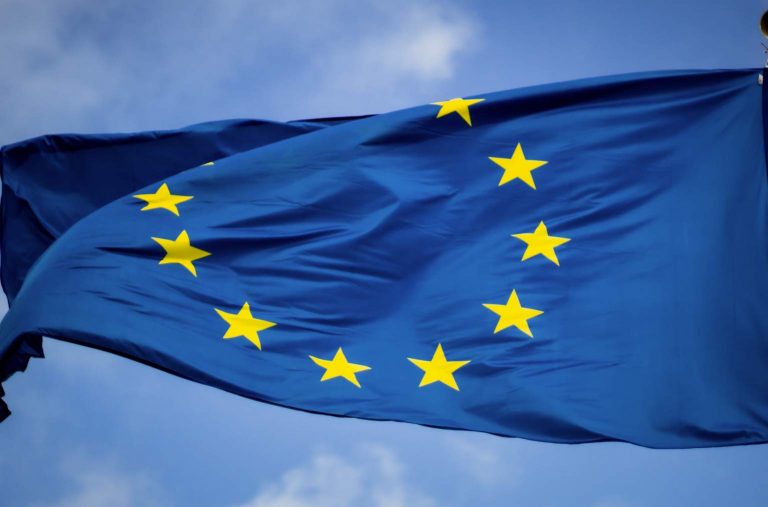
Morning Brief – Germany: stuck in the middle
We wrote yesterday how Germany’s consumption and dependence upon Russian oil and gas was leading it to drag its feet with respect to Russian energy exports. This has become particularly visible in the recent summit of G7 leaders where there appears to be less progress than some may have expected. Following this summit, a reaffirmation of support for Ukraine in its defence against Russian invasion and some marginal new sanctions are really all that’s to show. In fact, the new hot topic according to the conclusions of the summit drawn up last night is to explore price caps on the price of energy. The rhetorical spin on this new initiative is that it will limit the revenues that Russia is able to secure to finance its invasion. However, in truth it’s hard to tell whether this policy initiative is really to undermine Russia, by limiting its energy export revenues, or to support Germany, by limiting its energy costs.
Germany therefore finds itself, whilst admittedly sharing the pressures and concerns of other nations, in the middle of a collective that wants to move in a different direction to it. It’s dependence upon fossil fuel imports has likely undermined efforts for the group to take stronger action against Russia. I expect Germany will soon, or perhaps behind closed doors already is, about to find itself fighting against another collective, pedalling its narrative for less. I’m referring to the ECB’s new policy tool that President Lagarde challenged the governing council to invent in order to assist with normalising geographical yield spreads on debt within the single market.
There are several forms that markets expect this new policy tool to take. Firstly, as the central bank seeks to wind down its swollen balance sheet, it will have a stock of maturing bonds that it has already confirmed may be ‘flexibly’ reinvested. If this new tool was to create the flexibility for maturing German Bunds to be, for example, wholly reinvested into Italian debt, that would be a pretty solid tool to constrain the debt on eurozone. However, much like in the case of Russian oil, would Germany be happy for pressure on their ability to borrow money to be applied in order to subsidise Italian debt? I doubt it.
Germany is likely therefore to find itself in a battle between the ECB and peripheral members of the Eurozone. It will be interesting to see how the balance of power is divided amongst Eurozone members and whether Germany finds itself as the only restraining voice in the crowd. In order to harmonise yields across the eurozone, the ECB will need to find a tool that is palatable for Italy but strict enough to secure the permission to use the fiscal and monetary firepower of nations including Germany. Italy will hold an election by next year adding to the challenges associated with devising this tool. The tool will need to also be large enough to appease the market that is still proving it is happy to sell peripheral Eurozone debt and widen spreads. Failure to meet these marks could spell disaster for the Euro.
Discussion and Analysis by Charles Porter

Click Here to Subscribe to the SGM-FX Newsletter
Related Insights

Daily Brief – Sterling
Sterling No sooner had the financial press written that Sterling was on the skids due to the Chancellor being on the way out, than PM Starmer woke up to the need for some TLC for his beleaguered Chancellor and executed a handbrake turn to administer some gruesome bedside cheer to the apparently on life support […]

Daily Brief – EU Inflation
EU Inflation With the ECB annual symposium meeting in sunny Sintra, Portugal, inflation is very much on President Lagarde’s mind ; that is because it is showing signs of rising with the monthly inflation rate showing an increase of 0.3% and that presages a break above the target 2% rate just as she and her colleagues […]

Daily Brief – Gold
Gold With Gold accounting for the second highest proportion of Central Bank reserves after the USD and the mood music shifting to it assuming a greater influence on future reserves management, it is worth looking at the numbers behind that. In the 1960s, Central Banks held the highest amount historically of 38,000 tons of gold. […]



 Humphrey Percy
Humphrey Percy